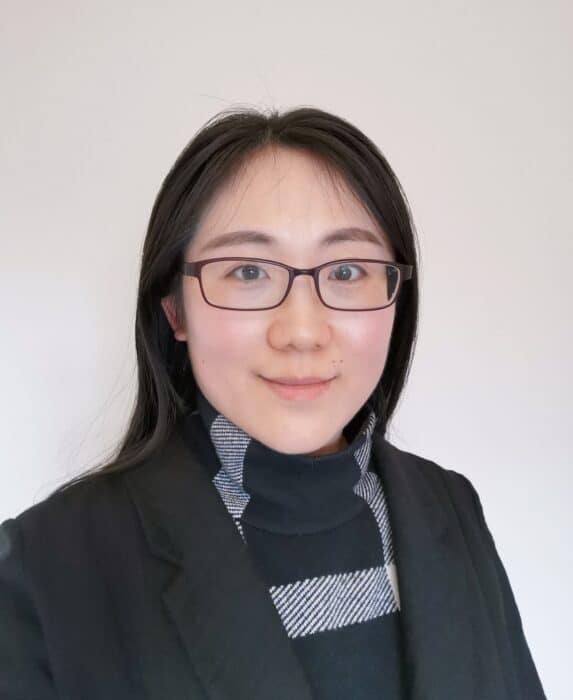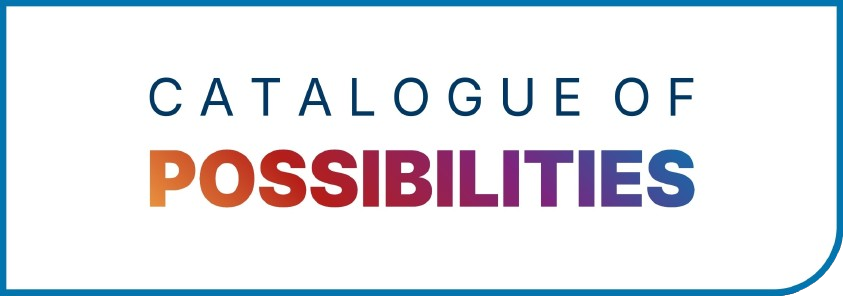Dr Wenjuan Song she/her

Assistant Professor/Lecturer in Electrically Powered Aircraft
Strategic Research Areas
Dr. Wenjuan Song (SMIEEE, MIET) is leading the CryoElectric Research Lab and Propulsion, Electrification & Superconductivity Group, in James Watt School of Engineering, University of Glasgow, UK. Dr Song’s research aims to accelerate i) net-zero transition in Transport sector, including aviation, high-speed rail and marine system electrification, and ii) sustainable and highly efficient renewable energy systems using innovative superconducting technology and artificial intelligence techniques.
CDT Fusion magnet project:
This project focuses on advancing high-field superconducting magnets for next-generation fusion reactors. By integrating novel high-temperature superconductors with AI-assisted design and condition monitoring, the project aims to improve magnetic field stability, reduce quench risk, and enable compact, energy-efficient fusion devices. The work supports the global push for clean, virtually limitless energy through practical and scalable fusion technologies.
CDT Electric Aircraft Project:
This project supports the development of all-electric and hybrid-electric aircraft by addressing key challenges in power density, thermal management, and system reliability. Leveraging superconducting machines, lightweight materials, and AI-based control strategies, the project aims to drastically improve propulsion efficiency and reduce emissions in aviation, contributing to the decarbonisation of short- and medium-haul flight.
I am committed to creating an inclusive and supportive environment where all individuals can thrive, regardless of background. I actively promote diversity in my teaching in Simulation courser and Power Engineering, supervision, and research collaborations by adopting inclusive practices, mentoring underrepresented students, and supporting fair recruitment and authorship. I regularly engage with EDI training and contribute to departmental initiatives to ensure equity and belonging are embedded in all aspects of my work.
As a PhD supervisor, I provide clear guidance, strong mentorship, and a supportive environment that empowers students to grow into confident, independent researchers. I encourage open communication, high standards, and a focus on both academic excellence and personal development.

